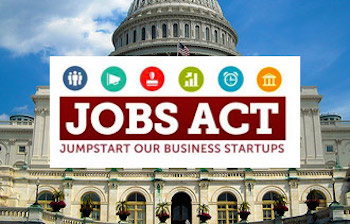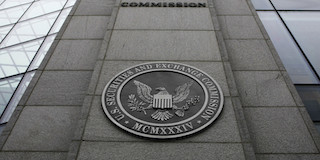
This post was written by Pete Hoegler, Washington DC-based Social Media intern for The JLC Group.
Three years after the JOBS Act was passed, it seems that Washington is back for more–a curtain call if you will–making it easier for small ventures to raise capital.
The House Financial Services Committee in early June floated a draft bill that would allow the creation of “venture exchanges” tailored to the needs of small companies looking to raise money. In many ways, the success of the JOBS Act hinges upon the creation of such markets. A healthy secondary market created liquidity that is critical to building investor confidence and creating a robust alternative to the global markets that today are dominated by enormous corporations.
If you are looking for a broker-dealer to get you started, click here. Brokerdealer.com is the leading database for dealers around the world.
The new proposed venture exchange laws are aimed at increasing access to liquidity for early stage investors in private startups and small businesses (some of which could be JOBS Act enabled investors), as a lack of liquidity was a concern voiced by some surrounding the new laws for equity crowdfunding with non-accredited investors.
Investors in technology startups, for example, are likely to have to hold their position in any one investment for an average of 7 years. Creating opportunities for selling private stock in a startup investment sooner through venture exchanges has the potential to reduce some of the early stage investment risks.
These new venture exchanges could create markets that allow early investors who invested via equity crowdfunding to trade shares far before any kind of liquidity event like a public offering (IPO) might take place, spelling an opportunity for liquidity for those early investors.
The number of IPOs has gone from an average of 311 from 1980-2000 down to an average of 99 IPOs each year from 2001-2011 so opening up other alternatives for liquidity will de-risk the growing number of startup investments happening online.
This is yet another step towards reforming our capital markets. The first step was to enable access, and was addressed by Titles II, III & IV of the JOBS Act. So regardless of your opinion on this matter, the summer is shaping up to be an interesting time for equity crowdfunding investors, accredited and non-accredited alike.



